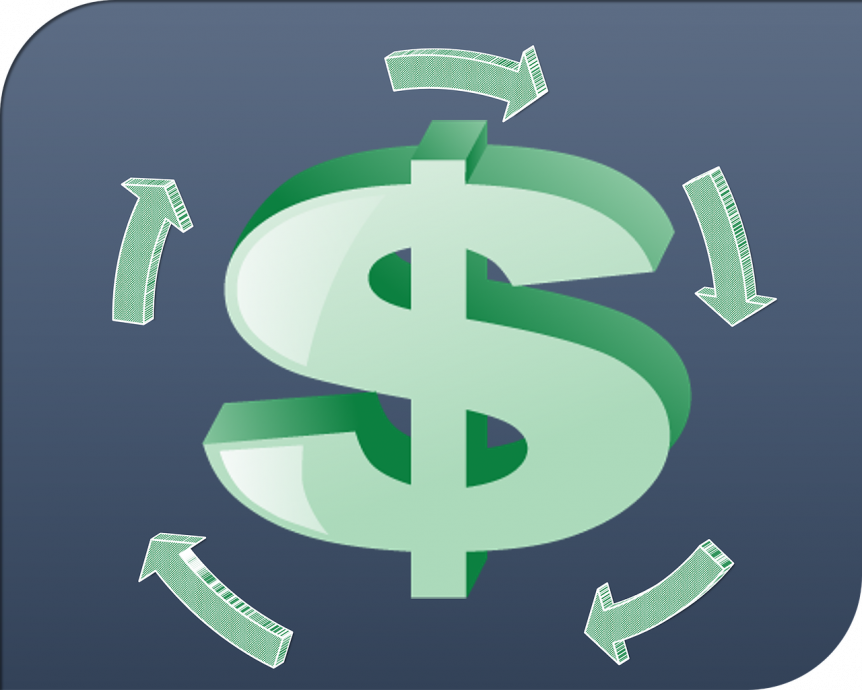Regardless of what stage of business you are in, cash flow, or the lack thereof will impact on your ability to operate your business.
In my experience, poor cashflow creates pressure and stress for a business owner. Their focus and time is drawn away from the core operations of their business as they worry how wages will be paid, suppliers will be kept happy, and other creditors obligations are met.
Further, poor cash flow makes it difficult for business owners to take advantage of opportunities such as new product lines, new technology or other equipment for the business.
Simple aspects such as taking advantage of supplier discounts may also be a lost opportunity.
If poor cash flow is hindering your business, you may benefit from one (or more) of the following tips:
- Ensure your terms of trade are documents and clearly communicated to your customers. More importantly, implement a process for following up debtors when they fall overdue. Remember, the squeaky wheel is the one which gets dealt with first.
Offering for the debt to be paid by instalments, and receiving a first instalment prevents your debtors from being able to argue with the invoice amount at a later stage. If your debtors are slow in paying or avoiding your efforts to make contact, consider engaging formal debt collection. Despite common belief, initial debt collection processes are often a cost effective means of recovering debt. - Progress billing is an option that is often overlooked. Are you able to request a deposit upfront, followed by progress claims as you complete certain milestones of the assignment? To ensure you benefit fully from this process, ensure the progress invoices are in line with the work being performed.
An example of this is an electrician I worked with who often found cash flow to be tight when working on large build jobs. The majority of the work is performed in the early stages of a build contract, yet he was invoicing more than 50% of the job on completion.
Given that the timeframe of a job may span 3 or more months this significantly strained his cash flow. A simple change of invoicing 50% for the progress claim brought the invoicing in line with the work performed and made a significant difference to his cash flow.
- Consider providing fee proposals for service agreements and invoicing the service monthly on a fixed fee arrangement. his also assists with cashflow for your customers as it spreads the cost out for them. Further, implementing direct debit as a set and forget process ensures you receive regular cash injections, and avoid the need to chase outstanding payments.
- On a similar theme to the above tip, ask suppliers for arrangements to pay ongoing expenses in monthly instalments to spread out payments. This will reduce “lumpy” payments which can put strain on cash for a business.
- Where your business has significant wages and superannuation expense, consider depositing the PAYG Withholding and superannuation obligations in to a separate bank account at the time each payroll is prepared. Discipline is key here. Although it is tempting to touch the funds when needs arise, the promise of “I’ll pay it back” is rarely kept and businesses are unable to meet tax and superannuation obligations as they fall due.
- Cash is often used to purchase stock items, which then sit on the shelf waiting to be sold. Reviewing stock purchasing practices to limit stock holdings is an effective way of improving cash flow. Ordering more frequent, smaller quantities of inventory items may improve cash flow for a business. In addition to this, where stock is not selling, it is worth considering promotions to sell the stock and collect cash to reinvest in other popular stock items.
As a final note, a business which generates small, or no profits, will undoubtedly face cash flow strain with business owners forced to inject their own funds, or seek other external funds to prop up the business. Reviewing the profit and loss on a regular basis will enable a business owner to identify those expenses which should be reduced, or eliminated.
Need further guidance to improve cash flow in your business? Contact me to discuss your business cash flow needs.

